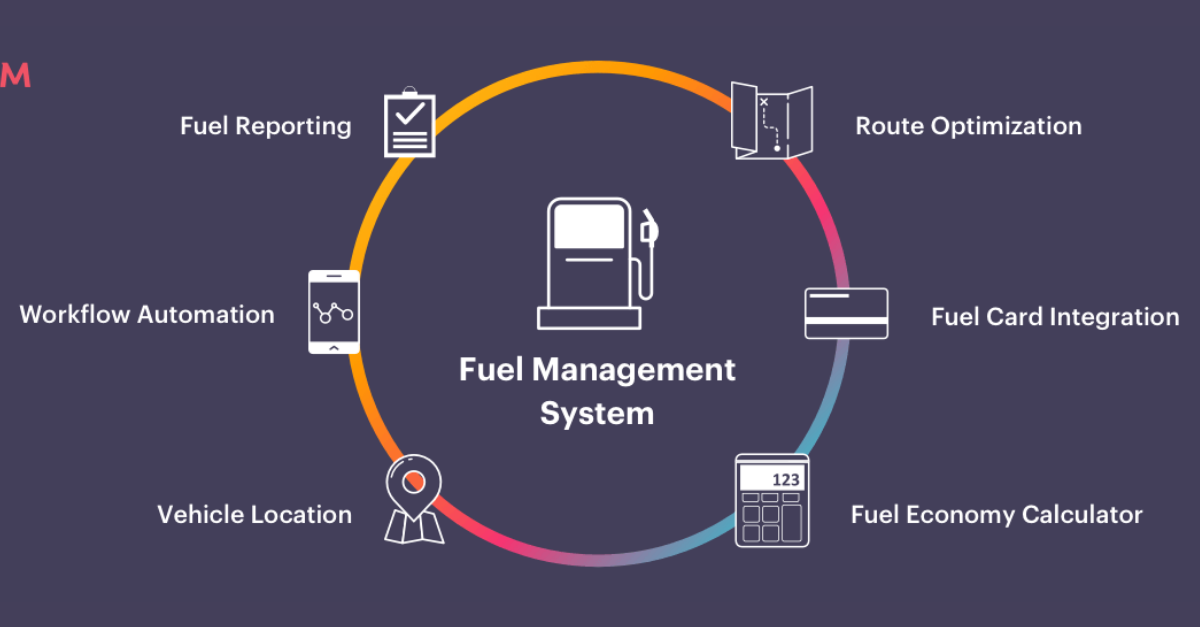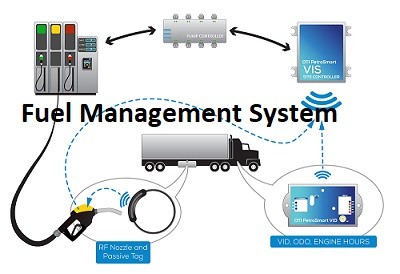
Optimizing Transport Driver Fuel Management: Strategies for Efficiency and Cost Savings
Effective fuel management is crucial for transport companies aiming to reduce operational costs, improve sustainability, and enhance overall efficiency. This blog explores essential strategies and best practices to optimize transport driver fuel management, ensuring both economic benefits and environmental responsibility.

Importance of Optimizing Fuel Management
Cost Efficiency:
Fuel expenses typically constitute a significant portion of operational costs for transport fleets.
Efficient fuel management strategies can lead to substantial savings and improved profitability.
Environmental Impact:
Reduced fuel consumption contributes to lower carbon emissions and supports sustainability goals.
Responsible fuel management practices align with regulatory requirements and enhance corporate social responsibility.
Operational Performance:
Efficient fuel management minimizes downtime associated with refueling, improving fleet productivity.
Optimal fuel usage supports reliable delivery schedules and enhances customer satisfaction.
Strategies for Efficiency and Cost Savings
Utilize Telematics and GPS Technology:
Route Optimization: Use telematics systems to plan efficient routes that minimize fuel consumption.
Real-Time Monitoring: Monitor driver behavior and vehicle performance to identify fuel-wasting practices.
Driver Training and Behavior Modification:
Fuel-Efficient Driving Techniques: Educate drivers on techniques such as smooth acceleration, maintaining steady speeds, and reducing idle time.
Behavioral Incentives: Implement incentives for drivers who consistently achieve fuel efficiency targets.
Regular Vehicle Maintenance:
Engine Tune-Ups: Ensure vehicles are well-maintained to optimize fuel combustion efficiency.
Tire Pressure Monitoring: Maintain proper tire pressure to reduce rolling resistance and improve fuel economy.
Adopt Fuel Management Software:
Fuel Tracking: Utilize software solutions to track fuel consumption accurately and identify areas for improvement.
Data Analysis: Analyze fuel usage patterns and trends to make informed decisions for optimizing efficiency.
Monitor and Benchmark Performance:
Key Performance Indicators (KPIs): Establish benchmarks for fuel efficiency and monitor performance against these metrics.
Regular Reviews: Conduct periodic reviews to assess progress, identify inefficiencies, and implement corrective measures.
Negotiate Fuel Discounts and Partnerships:
Bulk Purchases: Take advantage of discounts offered by fuel suppliers for bulk purchases.
Partnerships: Form alliances with preferred fuel providers to secure competitive pricing and additional benefits.
Promote Fuel-Conscious Culture:
Employee Engagement: Foster a culture where fuel efficiency is prioritized and celebrated.
Feedback Mechanisms: Encourage drivers and staff to provide feedback and suggestions for improving fuel management practices.
Best Practices for Sustainable Fuel Management
Plan Efficient Routes: Minimize unnecessary mileage and avoid congested routes to reduce fuel consumption.
Optimize Vehicle Loading: Ensure vehicles are properly loaded to avoid unnecessary weight, which can increase fuel consumption.
Use Alternative Fuels: Explore and adopt alternative fuel options such as biodiesel or electric vehicles where feasible.
Regularly Update Policies: Adapt fuel management policies based on industry advancements, regulatory changes, and technological innovations.
Conclusion
Optimizing transport driver fuel management is essential for achieving cost savings, enhancing operational efficiency, and promoting environmental sustainability. By implementing strategies such as leveraging telematics technology, optimizing driver behavior, maintaining vehicles, adopting fuel management software, monitoring performance, negotiating discounts, and promoting a fuel-conscious culture, transport companies can achieve significant benefits. Continuous improvement through training, benchmarking, and adapting best practices ensures sustainable fuel management practices that benefit both the bottom line and the environment.
Article Contents
- Importance of Optimizing Fuel Management
- Best Practices for Sustainable Fuel Management
- Strategies for Efficiency and Cost Savings